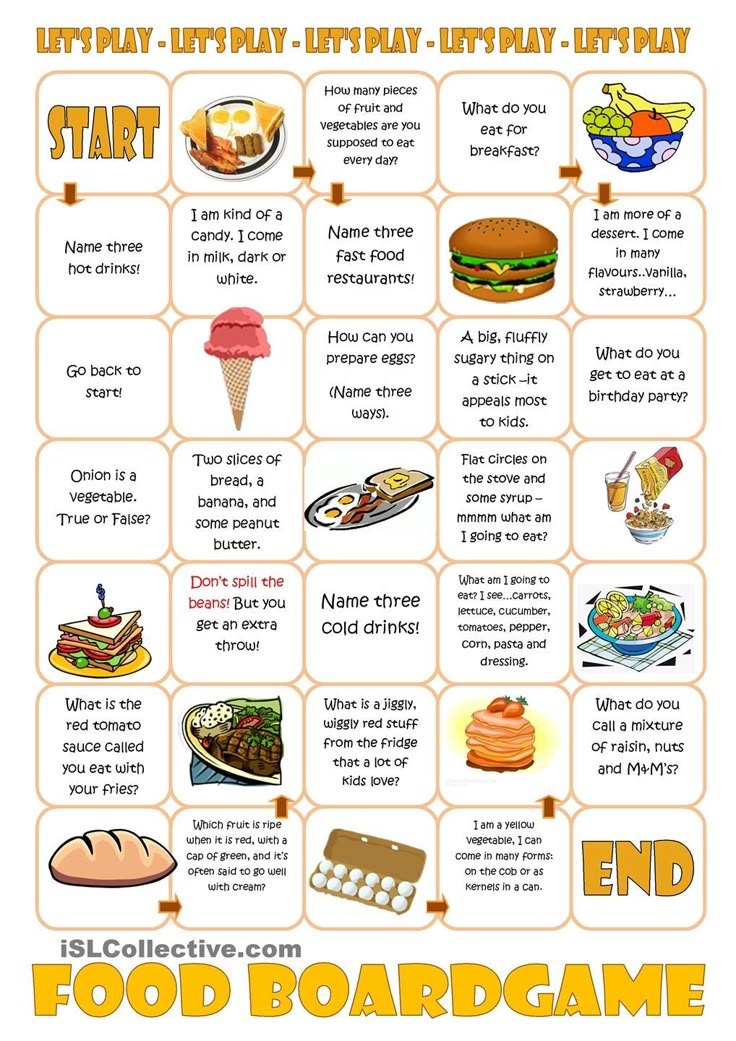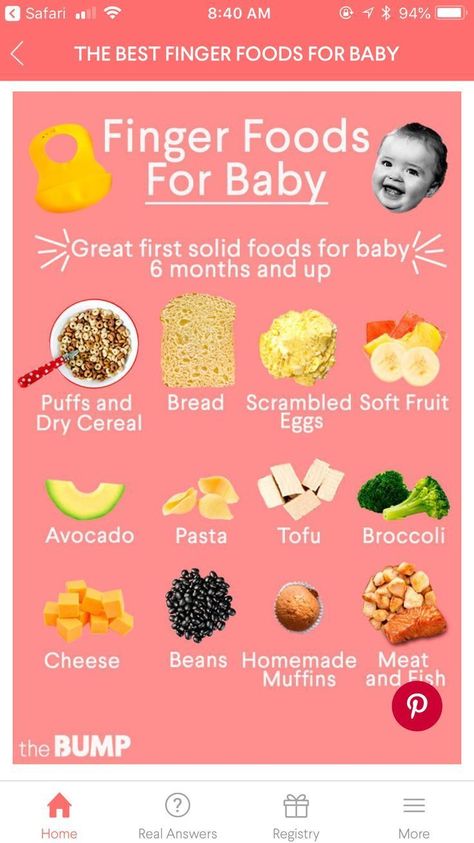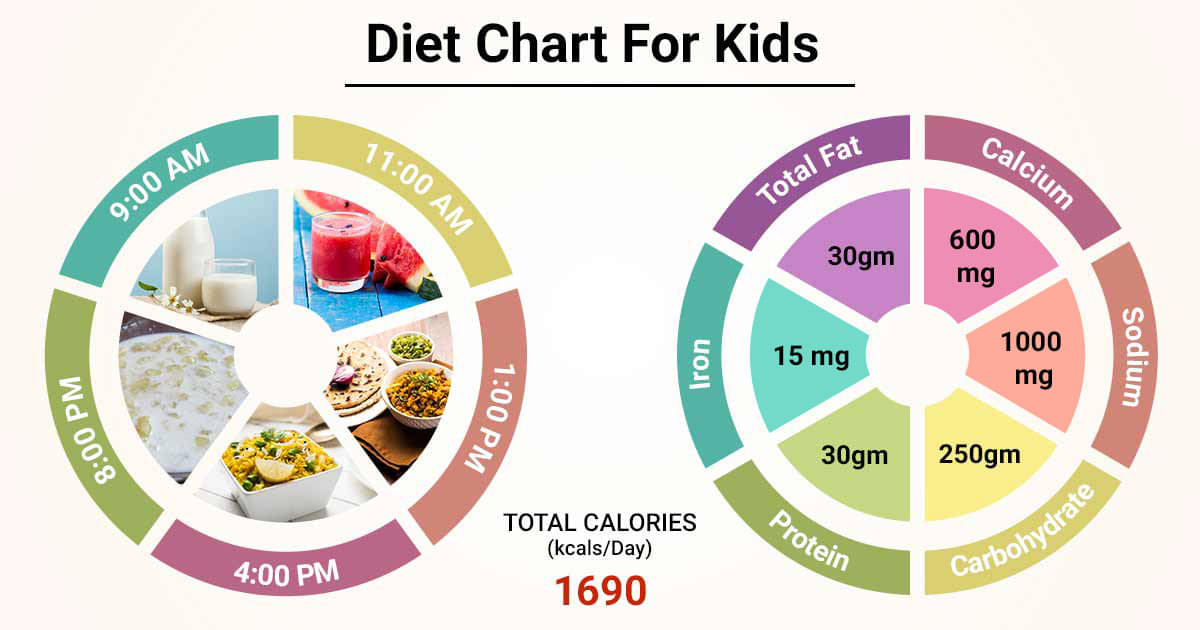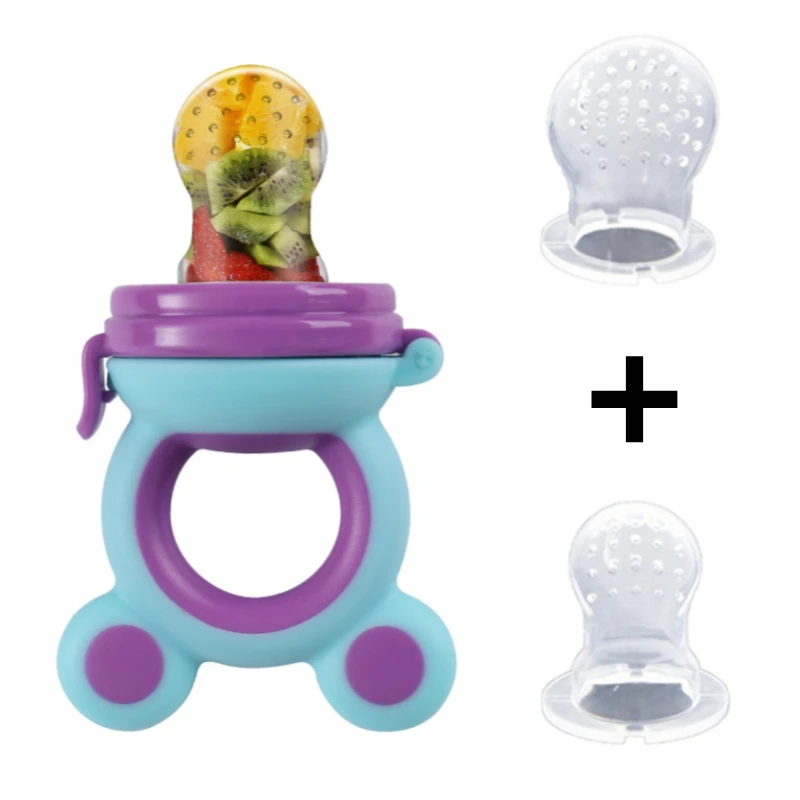The food doctor for babies and children
The Feeding Doctor
Look forward to dinner again.
Photo by Vitolda Klein on Unsplash
End the power struggles. Find help for picky eating, food preoccupation, and address worries about weight. Make the family table a place everyone wants to be.
One in three parents will ask a doctor for help with feeding, but they don’t always know how to help. Described as “academic, but warm and down-to-earth,” Dr. Katja Rowell’s approach is grounded in research, but meets families where they are.
Love Me, Feed Me
2nd Edition Coming January 2023!
Love Me, Feed Me
A relationship-building, practical guideWhether your child has been with you for ten days or ten years, learn practical ways to address feeding challenges while prioritizing felt-safety and connection. Explore the unique challenges many foster and adopted children experience around food and mealtimes. With research, clear guidance, and through the words of parents who have been there, learn to address food preoccupation, “hoarding,” sensory issues, feeding clinic “failure” and more. Stop the power struggles over food and help your children heal their relationship with food and their bodies.
Learn more
Second Edition of Love Me, Feed Me
Available January 2023 and Offering:More information on how complex trauma, the neurodevelopmental lens, self- and co-regulation, and neurodivergence impact feeding.
More flexibility and practical information.
An understanding of responsive feeding and therapy.
A responsive and flexible framework for feeding kids with brain-based differences.
An understanding that felt safety and connection are the foundation for healing; where eating, health, and physical function are optimized.
Support for raising children living in bigger bodies.

Support for interoception (the body’s experience of internal senses and signals such as hunger, fullness, and emotions).
Photo by Jimmy Dean on Unsplash
The more we let the anxiety and control around food go, the more he lets go of the obsession surrounding food (what a concept). I’m not going to lie, it can be tough, but he is a whole new happy little mischievous toddler - and I LOVE it!!!!—Anneliese, adoptive mom
Featured Content
Extreme Picky EatingEnd mealtime battles and anxiety with practical strategies and tips to help turn around even “extreme” picky eating. Relationship-building steps replace power struggles, rewards, and bribes. Help your child eat to the best of their ability.
Help your child eat to the best of their ability.
It’s never too late. Understand why you relate to food the way you do, and explore tools to help you: support appetite, decrease anxiety, make peace with food, eat out with confidence, and enjoy better health.
ResourcesBrowse resources, including articles, books, DVDs, social media and websites on responsive feeding, anti-diet and attuned eating, Health at Every Size (HAES™), and weight bias.
Explore Responsive Feeding
A conversation with Katja Rowell, MD on extreme picky eating and children with feeding challenges.
The Original Lunch Box Card
Protect your child from pressure at school and away from home. Print, fill in, and laminate this “lunch box card.” Place it in your child’s lunch box and tell them that if an adult asks them to eat certain foods or in a certain order, they can point to or hand over the card.
Print, fill in, and laminate this “lunch box card.” Place it in your child’s lunch box and tell them that if an adult asks them to eat certain foods or in a certain order, they can point to or hand over the card.
“What a great idea!! My 6-year-old would be very happy not to have to explain to the grown-up, but rather just have a card from Mom.”
—Lisa
Download
As seen in…
Dr Katja Rowell — The Feeding Doctor
Described as “academic, but warm and down to earth,” Rowell believes that establishing a healthy feeding relationship, in essence
HOW children are fed, is preventive medicine.Katja Rowell, M.D. is a graduate of the University of Michigan medical school and served as a family physician in urban, rural, and university student health settings. During her time in practice, she was struck by how much suffering stems from the difficult relationships people have with food and their bodies. Responsive feeding and therapy helps children develop a healthy relationship with food and their bodies, and protects from the harmful impacts of diet culture.
Responsive feeding and therapy helps children develop a healthy relationship with food and their bodies, and protects from the harmful impacts of diet culture.
Dr. Rowell has worked in child feeding for over a dozen years. She teaches the importance of responsive feeding and therapies to parents, pediatric feeding specialists, family support specialists, and childcare staff, and consults with corporate clients, nutrition education, and public health providers (and anyone that will listen!).
Rowell has a special interest in serving fostering and adopting parents as they help their children heal from food insecurity, food trauma and more. Since 2010, she’s served on the medical advisory board of SPOON, a nonprofit supporting vulnerable children internationally, and in US foster care.
Rowell is a co-founder at Responsive Feeding Pro. RFPro is a digital learning platform for feeding professionals focused on a Responsive Feeding Therapy (RFT) framework for children with feeding and eating challenges. Rowell is involved in academic writing, supporting related research, and teaching.
Rowell is involved in academic writing, supporting related research, and teaching.
Dr. Rowell founded Family Feeding Dynamics in 2009. After hearing, “Oh, you’re
the feeding doctor! What’s your website?” many times, Katja created the more memorable, “Feeding Doctor.”Photo by Angela Mulligan on Unsplash
“I get to be a mom, not a food cop. Connor now asks for seconds on veggie soups and tomatoes on his burgers, and he’s not as obsessed with treats.”— Kelly
Follow me on Instagram
Speaking
Dr. Katja Rowell is a sought-after speaker whose message is based on science, but grounded in the realities of family life. From corporate lunch-and-learns to medical Grand Rounds, or an international symposium on child welfare, Katja gets the word out about responsive, healthy feeding and therapies.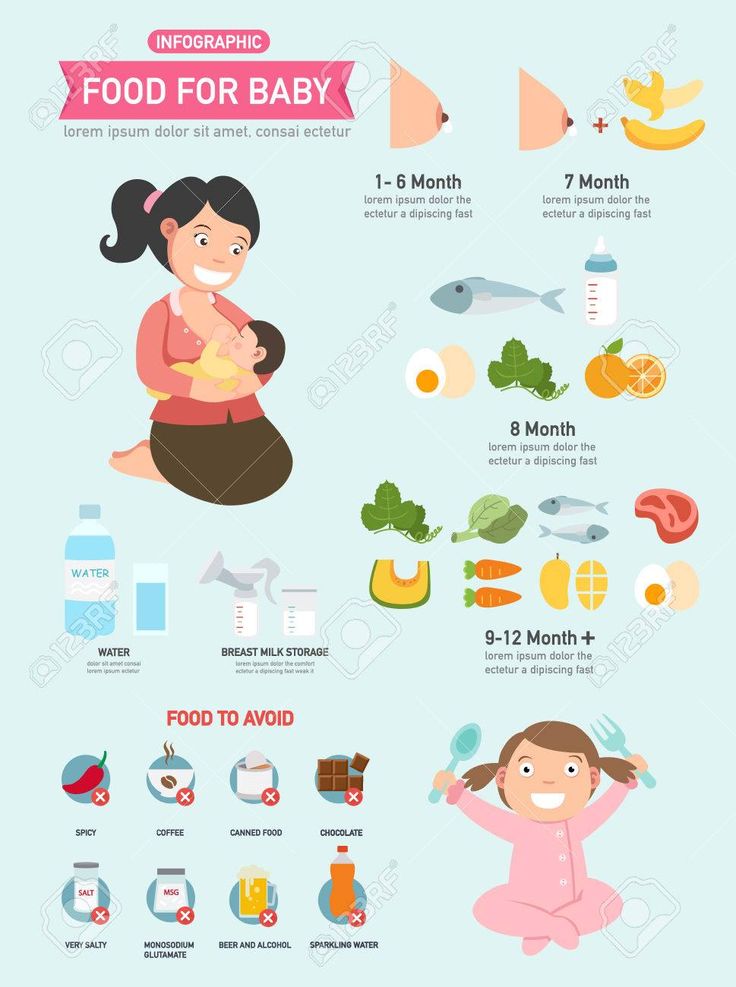
“She’s got a knack for simplifying otherwise complicated subject matter and mixes the right amount of humor to the topic at hand making it much more relevant and accessible. She is as engaging as she is professional and has proven to be one of the best speakers we’ve worked with since the start of our education program.”
—Pablo Patino, Managing Director at Dietitian Central
“[Dr. Rowell’s] work and ideas are concrete, straightforward, and simple (if not always easy!) to implement. I love that the workshop provided strategies and techniques that are focused on the family and home life—as this is where most feeding goes on! I’ve learned from other programs how to work in sessions from a sensory perspective, but your model bridges the gap from therapy intervention to home.”
— Erin C. MOT, OTR/L on the Three Hour Workshop for Pediatric Feeding Pros
Children's nutritionist in Petrozavodsk
A pediatric nutritionist is a doctor who objectively assesses the development of the child, his eating behavior, individually develops therapeutic nutrition and controls the dynamics until the desired results are achieved (persistent remission and recovery).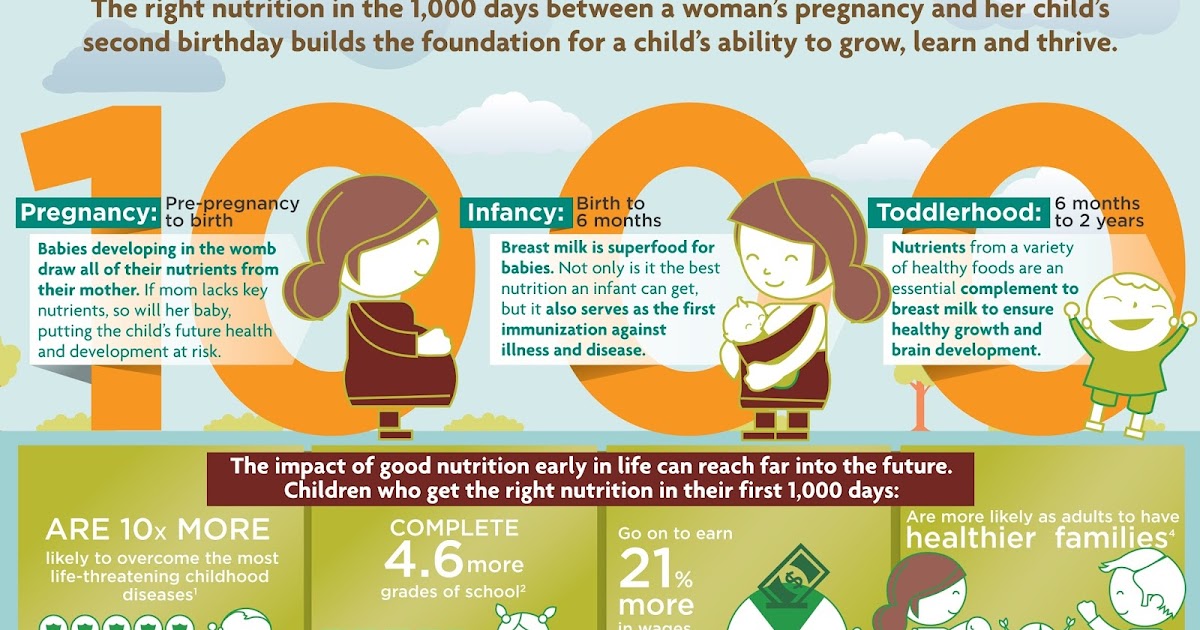
Every year the number of children with overweight and obesity, food allergies is growing.
Obesity is "programmed" during fetal development and in the first two years of life. Unstable weight and fullness / excessive thinness in a child often indicate an internal failure of the body. If it is not eliminated in time, in the future it results in serious health problems.
Among the frequent consequences of obesity in children, which manifest themselves in adulthood, are hypertension, stroke, atherosclerosis, gout, reproductive dysfunction, urolithiasis, osteoarthritis, varicose veins of the lower extremities, hemorrhoids, sudden death syndrome, psychosocial disorders.
Therefore, if you notice a tendency to be overweight in a child, try to get an appointment with a pediatric dietitian as soon as possible. He will not only establish the cause of the formation of excess weight, but will also draw up an individual program for losing weight and normalizing weight.
Who needs a dietitian consultation?
- children with allergies (create a balanced menu that provides all the needs of a growing body)
- children with endocrinological diseases (diabetes and others). Nutrition in this case is one of the most important factors in the health of the child
- children with diseases of the gastrointestinal tract, including persistent constipation, frequent diarrhea
- frail children with severe problems with growth and weight gain
- obese children
- children and adolescents with eating disorders
Services of a pediatric nutritionist at the Zdravlyandiya clinic
A pediatric nutritionist at the Zdravlyandiya Medical Center, after conducting research and diagnostics, develops not a general, but an optimal nutrition program for a particular patient. Observing it, the child gradually gets rid of the problems that cause weight anomalies.
Our nutritionist owns effective, evidence-based medicine-recognized methods for correcting obesity in children.
The advantage of the children's clinic "Zdravlyandiya" is the teamwork of doctors of different specialties, which increases the accuracy of diagnosis and the effectiveness of treatment. A nutritionist together with an endocrinologist and a psychologist (and, if necessary, a gastroenterologist, an allergist) will identify the reliable cause of the illness and eliminate it in a shorter time or adjust the child's diet in the best possible way.
Patients of Zdravlyandiya receive the necessary consultations, undergo laboratory and instrumental diagnostics (general and biochemical blood tests, urinalysis, ultrasound of the abdominal organs, etc.) within the same walls, in a comfortable environment, without wasting time waiting and queues. We tried to do everything to make visiting our clinic for a child an exciting adventure and a visit to the doctor leaves a pleasant impression.
We will help not only solve existing problems, but also teach your child healthy nutrition, and this is an investment in a healthy and long life!
Critical periods in which the risk of detrimental weight gain increases:
1 to 3 years
Formation of the function of the digestive system. You need to be careful about the situation when the baby is gaining weight too quickly, especially if you started complementary foods early and are trying to feed the baby in portions “according to the norms”. Remember that the child will eat exactly as much as his body needs.
You need to be careful about the situation when the baby is gaining weight too quickly, especially if you started complementary foods early and are trying to feed the baby in portions “according to the norms”. Remember that the child will eat exactly as much as his body needs.
2 to 8 years
The child changes the environment (goes to kindergarten, school), is stressed and may start to seize him. During this period, the child requires special attention. Otherwise, the child may try to satisfy loneliness with abundant food.
Adolescence from 12 years old
The child grows rapidly, his body is rebuilt, puberty begins, hormonal changes begin. It is important at this moment to replenish his diet with useful products that will create conditions for full development, and not for the accumulation of body fat.
Children's nutrition: what is it | Dietology.pro
06/01/2021 09:00
2446
Overweight is a problem that people face regardless of their region of residence.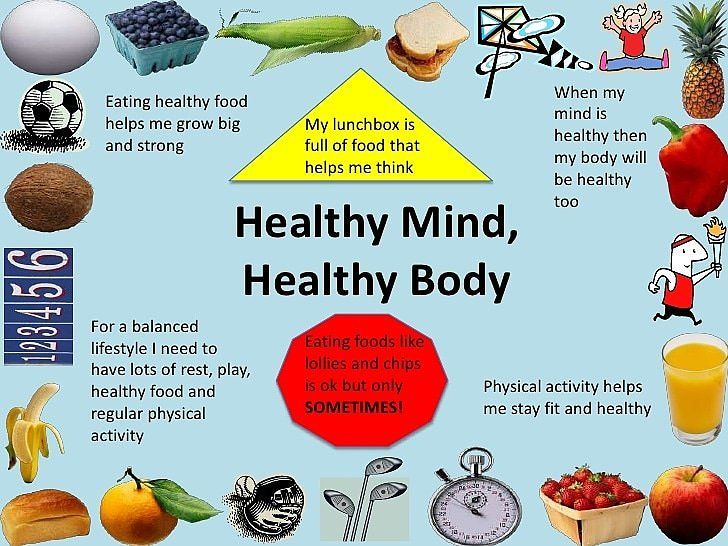 And indeed: excess weight can often turn into obesity of one degree or another, and the health consequences in such cases are often very deplorable. The problem of obesity in childhood is especially acute.
And indeed: excess weight can often turn into obesity of one degree or another, and the health consequences in such cases are often very deplorable. The problem of obesity in childhood is especially acute.
Why are children diagnosed with obesity?
Developed countries are literally suffering from an "epidemic" of excess weight. In megacities, most people, unfortunately, have long forgotten about the basics of a healthy and healthy diet. Many, without hesitation, constantly consume high-calorie fast food products that do nothing but harm the body. Of course, there can be no talk of motor activity and physical exercises, but the saddest thing is that adults, without realizing it, automatically instill such a model of eating behavior in children.
Child nutrition as a separate discipline
That is why children's nutrition is now actively gaining momentum. Food semi-finished products and products containing artificial preservatives and dyes have a detrimental effect on the child's body, causing a whole range of pathologies. The most common of these is an allergic reaction, and in severe cases, mental retardation or obesity can occur. In this regard, the main task of children's nutrition is the prevention of serious diseases.
The most common of these is an allergic reaction, and in severe cases, mental retardation or obesity can occur. In this regard, the main task of children's nutrition is the prevention of serious diseases.
The children's body grows very quickly, so it has a high need for useful components. Vitamins and minerals contribute to the healthy and normal development of the child's body. Nevertheless, in the conditions of modern life it is not easy to teach a child the principles of healthy eating. The worst thing is when parents themselves cannot set a similar example for their children.
Recent studies confidently prove that the formation of good or bad habits begins in the fetus from the mother's womb. The fetus, eating through the umbilical cord of the mother, gets used to certain foods. For this reason, women are advised to follow a certain diet during the entire period of gestation and during breastfeeding.
Pediatric nutritionists can help your child develop healthy eating habits.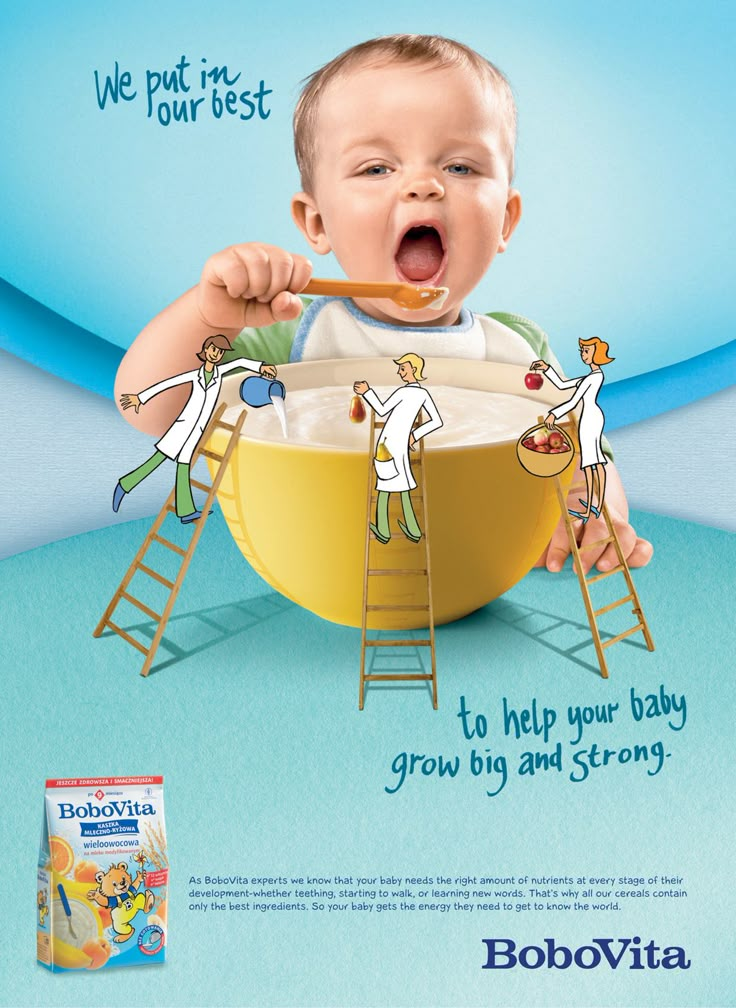 The mother will have to follow a diet, and when the child is six months old, fruits, cereals, vegetables, sour milk products, meat, fish, and so on should be gradually introduced into his diet. First, the pediatric nutritionist gives the child the opportunity to try different dishes, and then focuses the attention of the little patient on those that are most useful.
The mother will have to follow a diet, and when the child is six months old, fruits, cereals, vegetables, sour milk products, meat, fish, and so on should be gradually introduced into his diet. First, the pediatric nutritionist gives the child the opportunity to try different dishes, and then focuses the attention of the little patient on those that are most useful.
When a child gets older, the task of a children's nutritionist is to tell him about useful and harmful foods together with his parents, accustoming him to a healthy diet.
If a child has certain nutritional problems (probably inherited from their parents), without the intervention of a qualified specialist, he will constantly make serious nutritional errors. It is important to remember that the food patterns we learned in childhood are very stable and therefore difficult to correct. As a result, improper development, chronic diseases and obesity.
Risk of childhood obesity
Childhood obesity contributes to the development of diseases:
- diabetes mellitus;
- arterial hypertension;
- metabolic disorders;
- JCB;
- pathologies of the skeletal system and joints;
- tumor processes.

The main thing is that the child's body is not overloaded with fatty foods and receives enough useful components.
What does a child's body need?
First of all, the child's body needs phosphorus and calcium, because thanks to them, bone tissue grows and strengthens. If the bones formed in childhood are strong, the risk of fractures will decrease, as well as osteoporosis in old age. A reliable "bookmark" for healthy bones must be taken care of from early childhood. The problem is that modern products are very depleted in nutrients and "enriched" with harmful ones.
Often, parents are simply lost in the variety and abundance of products generously offered by the modern market. A pediatric nutritionist will help parents figure out which of them are useful and which are harmful.
The list of products needed by the child, the doctor draws up on an individual basis, taking into account the gender of the children. It is known that boys need calcium in larger volumes than girls, and girls, in turn, need more iron.




